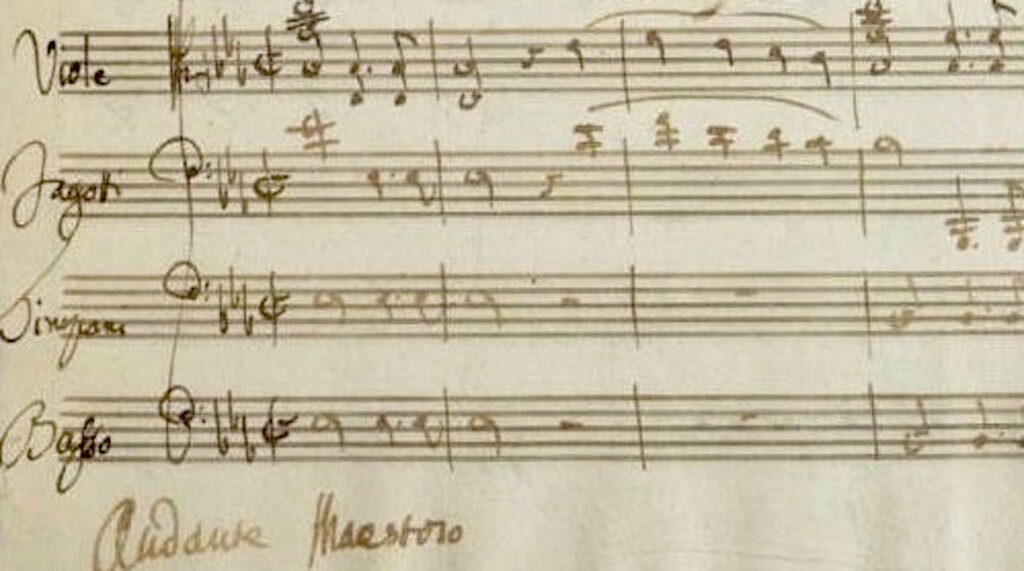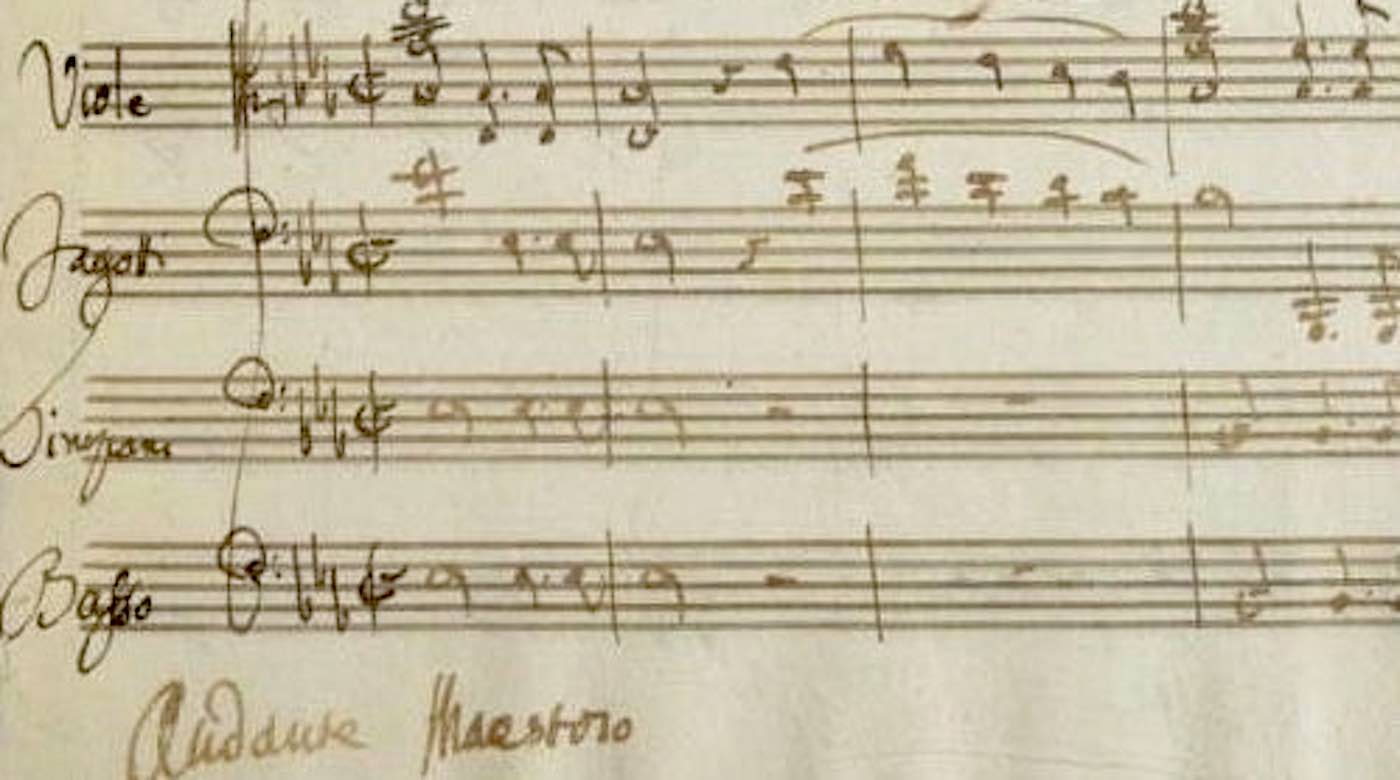
Whether Bach, Beethoven, or Mozart, it’s widely recognized that classical music can affect a person’s mood.
Now, scientists are using brainwave measurements and neural imaging techniques to show exactly how Western classical music elicits its positive effects on the brain.
The discovery could lead to effective ways to use music as treatment to activate the brain in people with treatment-resistant depression.
“Ultimately, we hope to translate our research findings into clinical practice, developing convenient and effective music therapy tools and applications,” said Professor Bomin Sun, of Shanghai Jiao Tong University.
The study focused on 13 patients with treatment-resistant depression who already had electrodes implanted in their brains for the purpose of deep-brain stimulation.
The implants are placed in a circuit connecting two areas in the forebrain—the bed nucleus of the stria terminalis (BNST) and the nucleus accumbens (NAc).
Using the implants, the researchers found that music generates its antidepressant effects by synchronizing the neural oscillations between the auditory cortex, which is responsible for processing of sensory information—and the rewards circuit, responsible for processing emotional information.
“The BNST-NAc circuit, sometimes referred to as part of the ‘extended amygdala’—underscores the close relationship between this circuit and the amygdala, a central structure in emotional information processing,” said Prof. Sun, a corresponding author of the paper published in the journal Cell Reports.
“This study reveals that music induces triple-time locking of neural oscillations in the cortical-BNST-NAc circuit through auditory synchronization.”
GENIUS! New Research into Beethoven’s DNA Reveals He Didn’t Inherit his Musical Talent
The patients in the study were divided into two groups: low music appreciation or high music appreciation. The research team found that those in the high music appreciation group showed more significant neural synchronization and better antidepressant effects, while those in the low music appreciation group showed poorer results.
By grouping the patients, the researchers were able to study the antidepressant mechanisms of music more precisely and propose personalized music therapy plans that would improve treatment results.
For example, when inserting theta frequency noise into music to enhance BNST-NAc oscillatory coupling, those in the low music appreciation group of patients reported higher music enjoyment.
Several pieces of Western classical music that most participants had no familiarity with were used in the study, to avoid any interference that could arise from subjective experience.
“We concluded that the music choices during the formal listening process were individualized and unrelated to the music’s emotional background,” said Sun.
Integrating the fields of neuroscience, psychiatry, and neurosurgery
Now the team plans to study how the interaction between music and the deep structures of the brain play a role in depressive disorders.
SING FOR YOUR HEALTH: Singing or Playing Music Throughout Life is Linked with Better Brain Health While You Age
They also plan to introduce other forms of sensory stimuli—including visual images—to investigate potential combined therapeutic effects of multi-sensory stimulation on depression.
“By collaborating with clinicians, music therapists, computer scientists, and engineers, we plan to develop a series of digital health products based on music therapy, such as smartphone applications and wearable devices.
MORE MUSIC MAGIC: Watching Symphonies Can Synchronize Heart, Lungs, and Even Electrical Impulses of the Listener
“These products will integrate personalized music recommendations, real-time emotional monitoring and feedback, and virtual-reality multi-sensory experiences to provide convenient and effective self-help tools for managing emotions and improving symptoms in daily life.”
RECOMMEND SOME MOZART To Anyone With Depression–Share on Social Media…




















